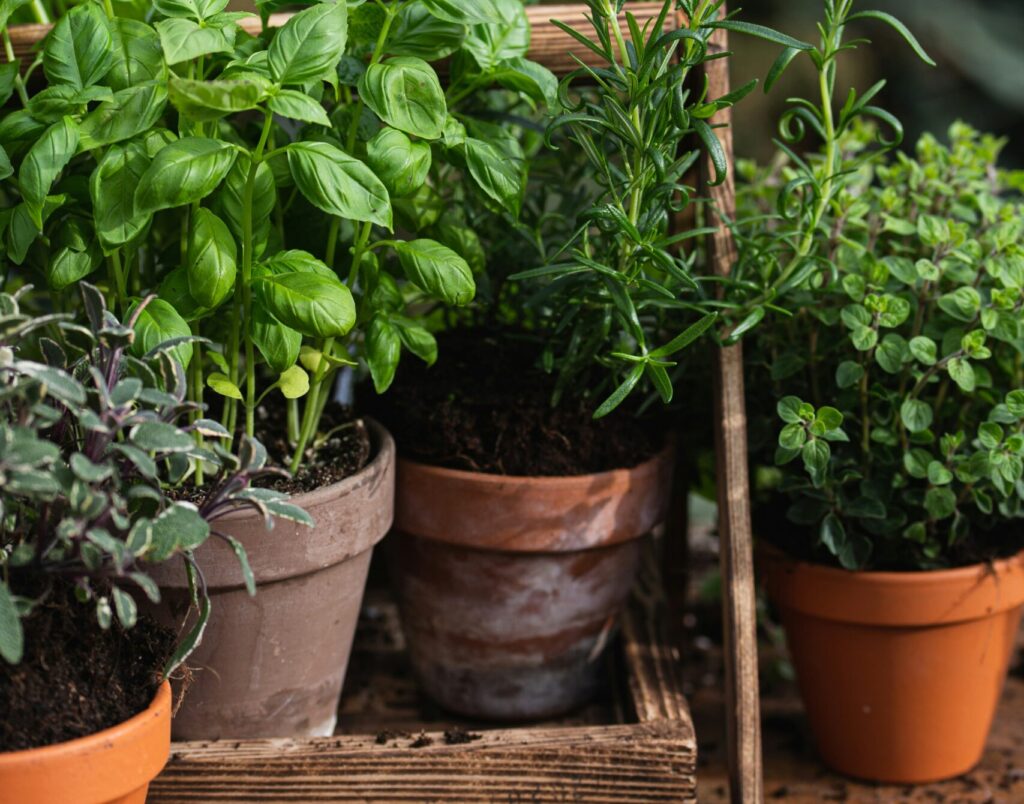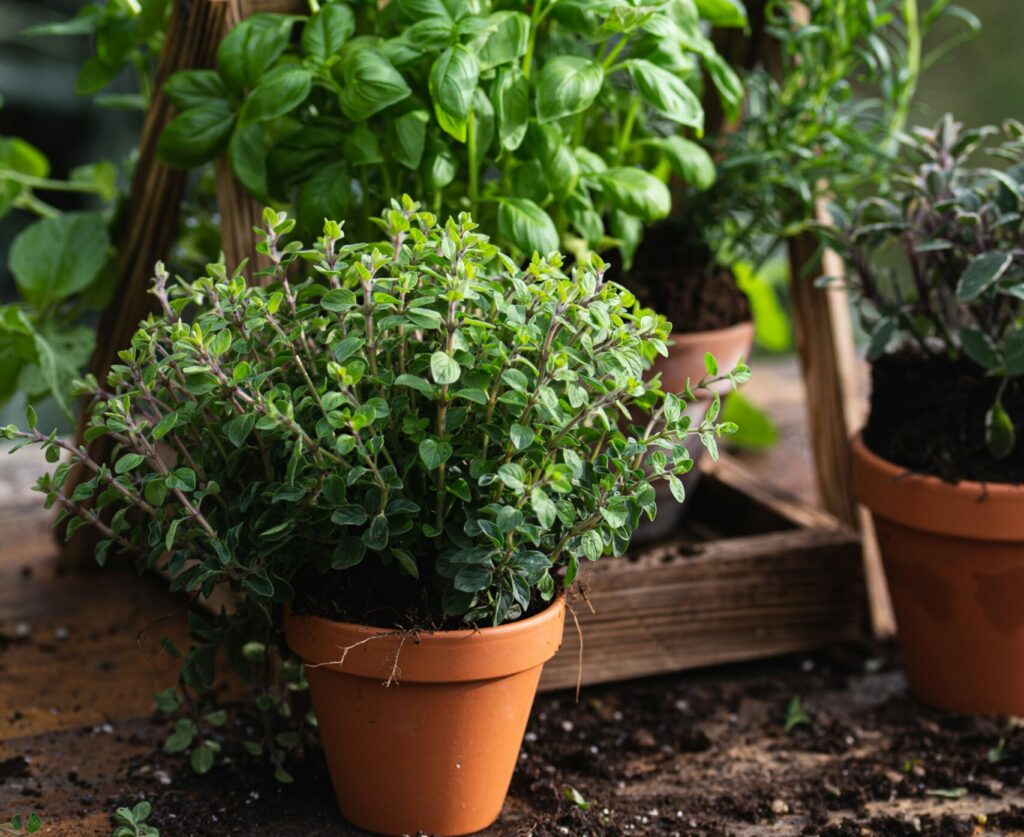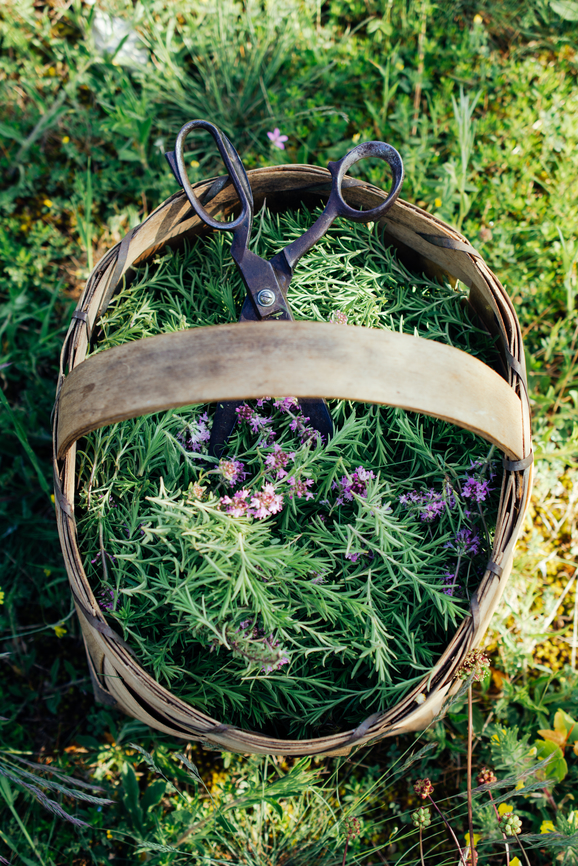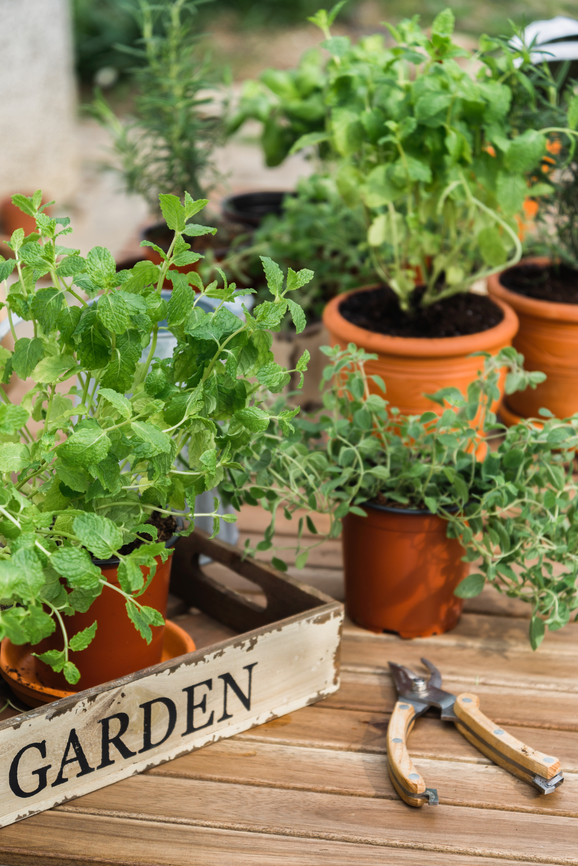
Herbs are often prized for their nostalgic and pungent aromatics. The very traits we love them for are actually what aid in their pest control abilities. In many cases, it’s these strong scents that act as inhibitors to various insects and critters. Before our compilation, it’s important to note that at times, you may across conflicting literature about different companions and in this case the effectiveness of certain herbs as pest control. Utilizing natural means of deterrence is unlikely to provide absolute effectiveness, but even if it helps a little, it certainly becomes the preferable option for the eco-conscious gardener. As always, our highest recommendation is to simply put things to the test and let your green thumb grow.
The Herb Pest Control Chart
|
Herb |
Repels | Plant Near |
|
Basil |
Mosquitos, Whiteflies, Ants, Hornworms, Asparagus flies, Carrot flies, | Tomatoes, Cucumbers, Lettuce, Spinach, Peppers, Asparagus, Carrots |
|
Chives |
Aphids, Deer, Rabbits, Carrot flies, Cabbage Worms, Aphids, Mites | Carrots, Lettuce, Kale, Cabbage, Radish, Arugula, Spinach, Potatoes |
|
Cilantro |
Aphids, Flies, Spider mites, Potato beetles | Cabbage, Lettuce, Radishes, Potatoes, Tomatoes, Spinach |
|
Dill |
Cabbage moths, Spider mites, Aphids, Hornworms, Slugs | Broccoli, Kale, Cabbage, Onions, Garlic, Cucumbers |
|
Mint* |
Aphids, Cabbage Moths, Squash bugs, White flies, Ants | Onions, Beets, Cauliflower, Cabbage, Peas, Radish, Tomatoes, Corn |
|
Oregano |
Mosquitoes, Aphids, Cabbage Worms, Deer | Peppers, Eggplants, Broccoli, Cauliflower, Cabbage, Tomatoes, Kale, Beans, Lettuce |
|
Parsley |
Asparagus beetle, Rose Beetles, Aphids, Army worms, Beetles | Peppers, Roses, Asparagus, Carrots, Corn, Onions, Tomatoes |
|
Rosemary |
Carrot flies, Cabbage Worms, Mosquitoes, Slugs, Beetles, | Peas, Lettuce, Beans, Kale, Radish, Arugula, Tomatoes, Carrots |
|
Sage |
Cabbage Moths, Flea Beetles, Carrot Flies, | Zucchini, Cucumber, Squash, Beets, Carrots, Radishes, Cabbage, Kale |
|
Thyme |
Aphids, Deer, Hornworms, White Flies | Kale, Arugula, Radishes, Tomatoes, Peppers. |
* Plant mint carefully and with caution as it can easily take over a garden bed. We recommend keeping mint as pest control in containers or boxes to prevent unwanted spreading.

The Takeaway
The above list focuses on the repelling action and therefore pest control of some of our favourite herbs. However, a future installment will review a list of herbs that can be used to attract beneficial visitors who work to either protect or pollinate your garden, thus sustaining a beneficial relationship for all. We leave our readers with a final note: some years pests will win, regardless of what you do. Some years, it’s the weather, or maybe even a certain plant itself, it happens to the best of us. Rather than being discouraged, we encourage you to remember that another gardening year always awaits. Either way, we wish you a beautiful gardening season. P.s., if you don’t already, be sure to follow us on Instagram and Pinterest!



